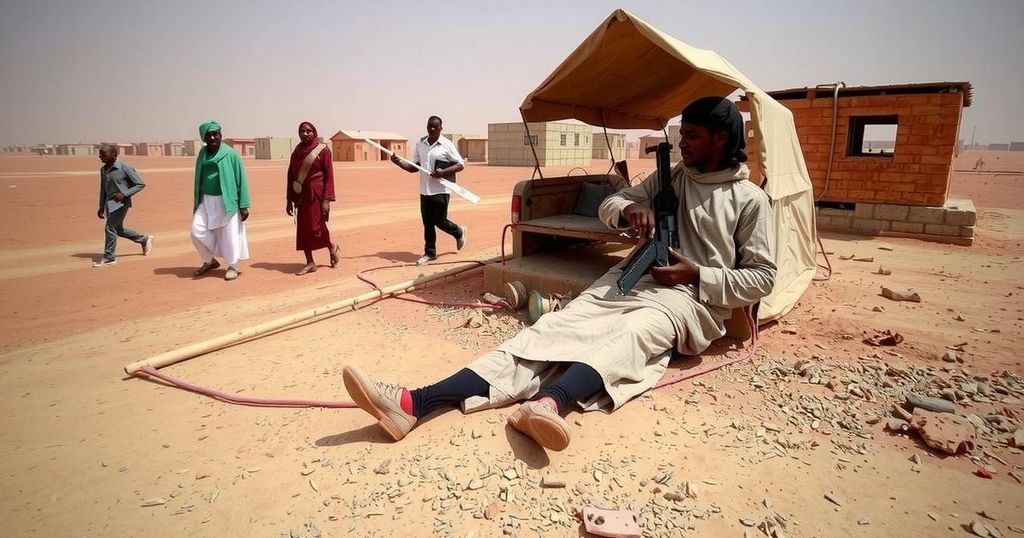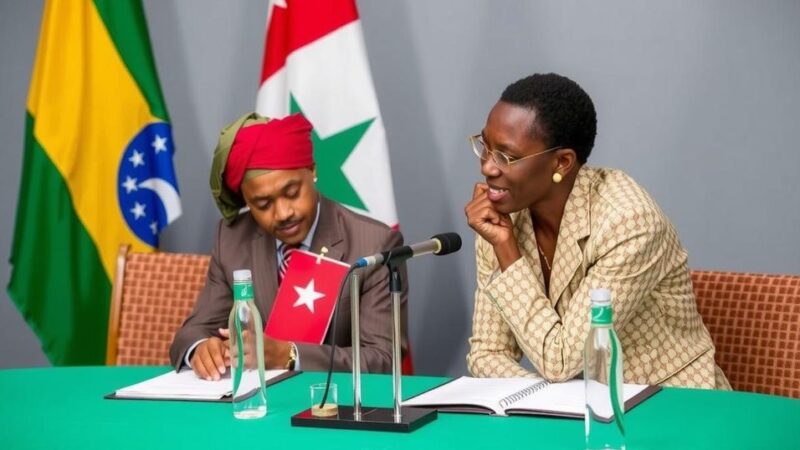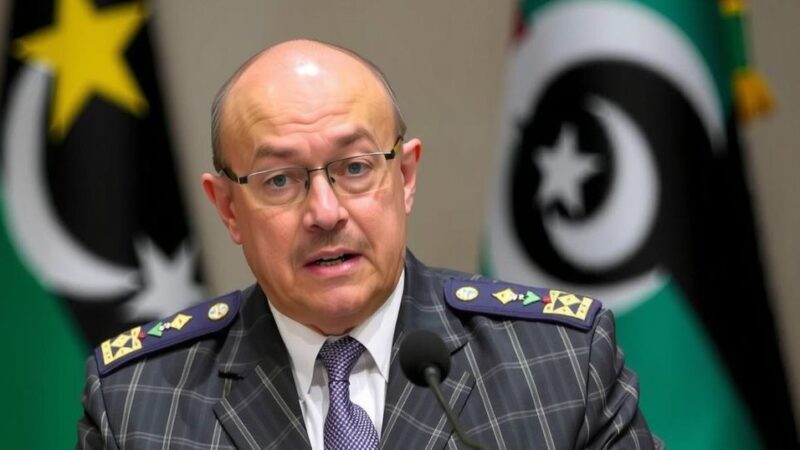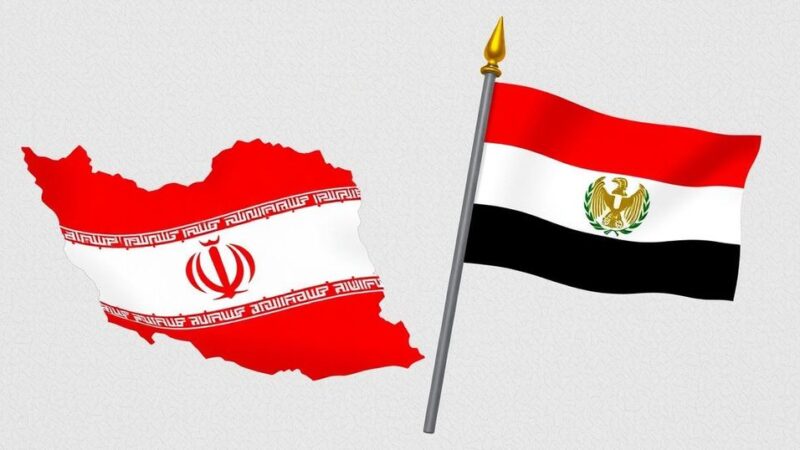The UN reports that over 782 civilians have been killed and more than 1,100 wounded in North Darfur due to a paramilitary siege, exacerbating the humanitarian crisis. The conflict involves clashes between the Sudanese army and the RSF, leading to severe civilian casualties, particularly in El-Fasher, where attacks on hospitals and displacement camps have occurred. Humanitarian officials warn of catastrophic suffering if the situation worsens.
A recent report from the United Nations indicates that the ongoing paramilitary siege in El-Fasher, the capital city of North Darfur, has tragically resulted in the deaths of at least 782 civilians, with over 1,100 individuals injured. The conflict, which has intensified since April of last year, involves the Sudanese army led by Abdel Fattah al-Burhan and the paramilitary group known as the Rapid Support Forces (RSF) led by former deputy Mohamed Hamdan Daglo. As a result of this violent siege, the lives of the city’s two million residents are being devastated daily.
The UN Human Rights Office’s report, based on interviews with over fifty individuals who managed to flee the violence, highlights an alarming situation where the RSF has been shelling heavily populated civilian areas since May, while the army retaliates with aerial and artillery strikes. The scale of attacks has escalated over the past week, notably leading to fatalities among civilians, including the shelling of the main hospital that tragically killed nine and injured twenty people just last Friday. In a particularly harrowing incident, a drone attack in the city center resulted in at least 38 casualties.
In addition to the violence in El-Fasher, the RSF has extended its assault to the Zamzam displacement camp, where reports indicate that six individuals were killed, and thirteen were injured in a recent shelling. UN High Commissioner for Human Rights, Volker Turk, emphasized the urgent need for protective measures, stating that any further large-scale attack on vulnerable areas would lead to “catastrophic levels” of civilian suffering. The high commissioner urged the international community to contribute to halting these attacks and lifting the siege on El-Fasher.
The situation in Darfur reflects a broader humanitarian crisis, as nearly all of the region is now under RSF control. According to estimates, the conflict has resulted in tens of thousands of deaths and displaced over 11 million people, with roughly 26 million individuals at risk of starvation. Both rival factions have faced serious accusations regarding indiscriminate bombings of medical facilities and residential sectors, exacerbating the plight of civilians caught in the crossfire.
The conflict in Sudan, particularly in the Darfur region, has deep historical roots dating back to the early 2000s, with recurring violence involving various armed factions. The current turmoil was ignited by a power struggle between the Sudanese army and the RSF. Over time, the RSF has gained significant ground, controlling a vast portion of Darfur, including urban areas like El-Fasher. This ongoing instability has prompted humanitarian crises, displacing millions and resulting in severe food insecurity and loss of life among civilians. The international community has voiced concerns over human rights violations, underscoring the dire need for intervention to protect vulnerable populations.
The siege of El-Fasher is emblematic of the broader humanitarian disaster unfolding in Sudan, marked by significant civilian casualties and widespread suffering. With the paramilitary RSF maintaining a stronghold over the region and the army fighting to regain control, the need for a resolution has never been more urgent. The plight of those in El-Fasher and surrounding areas calls for immediate international action to alleviate the ongoing violence and protect the civilian population.
Original Source: www.barrons.com







